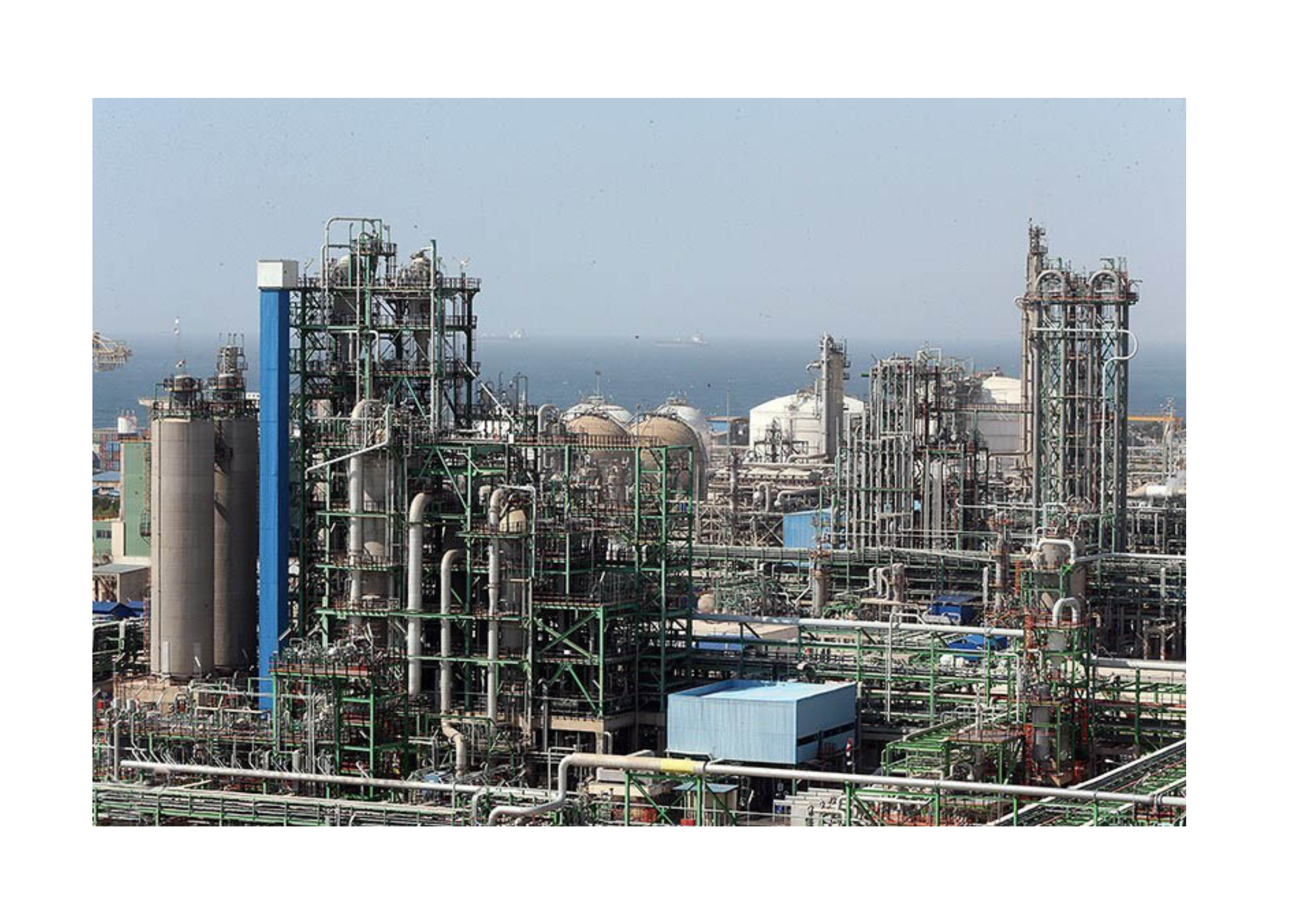Simcha Brodsky
JFeed, June 15, 2025
“From Israel’s vantage point, China’s involvement is a dangerous wildcard.”
As Israel intensifies its military campaign against Iran, a second Chinese transport plane has reportedly landed in Iran, sparking fears that Beijing is quietly bolstering its strategic ally. With Iran as China’s largest oil provider, the escalating conflict threatens to disrupt Beijing’s energy security and economy, prompting speculation about the extent of China’s involvement. Amid unverified claims of military aid and confirmed diplomatic support, the so-called “Red-Green Alliance” between China and Iran is under scrutiny. Could Beijing’s economic dependence on Iranian oil and its anti-Western axis push it to intervene in this volatile conflict?
Second Transport Plane Lands in Iran
In the last 24 hours, social media reports have claimed that a second Chinese cargo plane touched down in Iran, following an earlier flight. These planes, allegedly carrying unknown cargo, have fueled speculation of military aid, with some suggesting drones, air defense radar parts, or other equipment. The claims remain unverified, lacking evidence like flight tracking data or official statements. However, the timing—amid Israel’s strikes on Iran’s nuclear and military sites since June 13, 2025—raises alarms about China’s intentions.
No major news outlets, including Reuters, Al Jazeera, or The Times of Israel, have confirmed these shipments. The absence of credible reporting suggests the claims may be exaggerated or misinformation, a common issue on platforms like X during geopolitical crises. Still, the reports highlight growing concerns about China’s role, especially as Iran faces mounting pressure from Israel’s military superiority.
China’s Oil Dependence and Economic Stakes
Iran is China’s largest oil supplier, accounting for approximately 15% of its crude oil imports. In 2023, China purchased over 700,000 barrels per day from Iran, often through a “shadow fleet” of tankers that evade Western sanctions by using fake locations, repainted ships, and rebranded oil. This illicit trade, facilitated by small Chinese “teapot” refineries, saved Beijing an estimated $10 billion in 2023 alone.
The Iran-China 25-year Cooperation Program, signed in 2021, underscores this relationship. China committed $400 billion to Iran’s economy, including oil, gas, and infrastructure, in exchange for heavily discounted oil. This deal has been a lifeline for Iran, generating over $50 billion annually, half of which funds the Islamic Revolutionary Guard Corps (IRGC). For China, Iran’s oil is critical to sustaining its energy-intensive economy, and any disruption—such as Israel targeting Iran’s oil infrastructure—could spike global oil prices and strain Beijing’s markets. ….SOURCE


